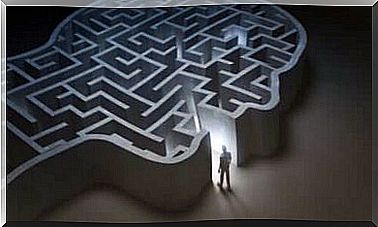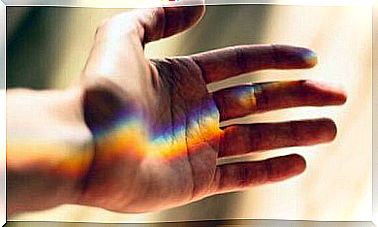Apologies And Justifications: Why Do We Use Them So Much?

We often justify ourselves when we have a conversation with someone. Our speech is, above all, based on the reasons or explanations why we do or don’t do certain things.
These reasons or explanations are intended to clarify our intentions or motives. However, they become justifications or excuses, as they would often not be necessary, as the interlocutor is not interested in them.
Even occasionally, we justify ourselves to feel calmer, as we worry about what the other person thinks about us.
What is the difference between justification and excuse?
We justify ourselves when we do something and give lots of explanations, and we use excuses when we haven’t done something and want to apologize for our lack of action.
But why do we do this?
We usually use justifications and/or excuses when we want to show security, or show a good image of ourselves. However, without our realizing it, we are showing our insecurity and seeking approval from others.
At these times, doubt, uncertainty and insecurity make us forget that we have the right to make our own decisions, and we shouldn’t try just to please others. We decided to change them or make them up, according to what others think.
How to stop doing this?
To stop apologizing for what we did or apologizing for what we didn’t do, it is important, first of all, to make the decisions safely and analyze what the reasons behind our choices are. It is necessary to understand that we have the right to make our own decisions, even at the risk of making mistakes.
That is, we must feel authentic, being ourselves. Feeling with complete freedom to be who we are and recognizing our opinions and decisions, always valuing us.
How can I expose my own reasons without them becoming justifications or excuses?
In many cases, when communicating a decision, it is convenient to explain the reasons behind it. In this case, the act of stating your motives need not be a justification or an excuse. Take the following advice into account:
- Let the reason be clear, concise and brief.
- Get straight to the point, bluntly, in your explanation.
- Expose reason, with certainty, forcefulness and as a certainty.
- Don’t doubt your own decision or add uncertain reasons.
- Let the explanation be relative to your decision and therefore interesting to the other person.
Why do we accept others’ justifications?
Accepting the excuses of others is something we do when we want to continue to maintain the image we have of the other person. Alternatively, we want to get a third person to maintain a concrete image of the person we apologize for.
Occasionally, we try to maintain a person’s image, even if their behavior doesn’t match them, because we need or depend on them physically or emotionally.
What are the implications of accepting these others’ justifications?
The main consequence is that we will never get the real picture of who the other person is. When we accept their justifications, we continue to maintain the image we want, without discovering what the person really is.
This can lead to suffering when we eventually discover that the person in question is not who we thought. Thus, disappointment and physical, psychological or emotional damage become inevitable.
How to stop accepting the justifications and excuses of others?
First of all, we have to learn to stop doing this to ourselves. This has to do with our self-esteem, that is, from the moment we feel more confident and satisfied with ourselves, we will learn to accept, or not, people for their actions, attitudes and behaviors, and not so much for the what they say or want to make us believe.









